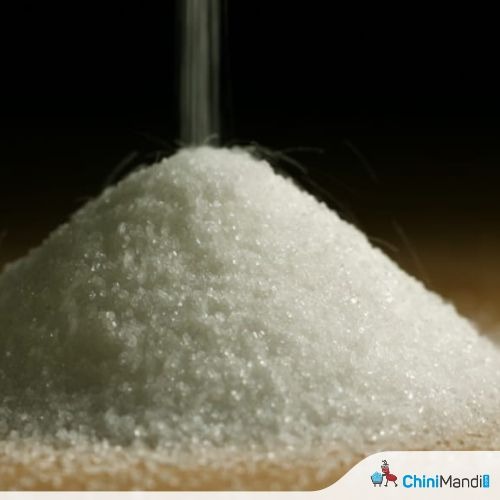Islamabad: Amid rising sugar prices and renewed concerns about price manipulation by sugar mills, the government is weighing the possibility of allowing the sugar industry greater freedom in setting prices and managing exports and imports, reports The Express Tribune.
This potential shift comes after a similar move in the wheat sector, where deregulation of supply left many farmers vulnerable to exploitation by middlemen. In Punjab, wheat growers have raised concerns about being forced to sell at low prices, leading some to consider abandoning the crop altogether—a change that could threaten food security nationwide.
Sources said that the country’s economic managers have asked the Ministry of National Food Security and Research to conduct a full analysis of the sugar industry to determine if deregulation would benefit the sector and consumers.
In a recent meeting of the Economic Coordination Committee (ECC), officials discussed issues related to sugarcane production, crop zoning, water use, storage, and trade. Some members of the committee recommended a complete deregulation of the sugar sector rather than implementing fragmented reforms, warning that partial changes could create more problems than they solve.
The committee also called on the food ministry to assess the effects of deregulation on sugar supply and storage and to provide a detailed report for review.
Currently, high sugar prices continue to burden consumers, a situation attributed to the dominance of sugar millers in the market. The Competition Commission of Pakistan (CCP) is closely monitoring the industry, aiming to ensure fair practices.
The CCP previously stated it was committed to stopping collusion among sugar producers and protecting consumers from unfair pricing. In 2020, the commission investigated the sector and found that sugar mills were working together to fix prices and control supply, with support from the Pakistan Sugar Mills Association (PSMA).
As a result, in August 2021, the CCP fined sugar mills and the PSMA a total of Rs44 billion. However, these penalties were challenged in court, and proceedings were put on hold by the Sindh and Lahore High Courts, along with the Competition Appellate Tribunal.
Earlier, in 2009, the CCP had found similar evidence of collusion and issued notices to several mills and the PSMA. Those legal proceedings also remain on hold due to court interventions.
Over the years, the CCP has urged both federal and provincial governments to take steps to reduce market distortions through multiple policy notes issued in 2009, 2012, and 2021.
According to a report submitted to the federal cabinet, the retail price of sugar had surpassed the government’s set benchmark, triggering a suspension of exports. Despite this, the Ministry of Industries continued to support sugar millers in their attempts to sell internationally.
The report also revealed that some mills failed to pay sugarcane farmers from the proceeds of exported sugar, violating government regulations.
Initially, the ECC had allowed sugar exports only if prices remained below a certain level. When the market price rose beyond this limit, officials called for a stop to exports. A report from the Cabinet Committee on Monitoring Sugar Exports confirmed the breach of this condition, leading to further pressure to halt overseas sales.










